In an era marked by heightened awareness of ethical considerations, major retailers such as Zara, H&M, Lululemon, Marc Jacobs, and Next UK are under intense scrutiny for their suspected support or involvement with Israel. From controversial associations to allegations of complicity, these cases underscore the complexities and ethical dilemmas surrounding global commerce and ties to contentious geopolitical landscapes.
As consumers increasingly prioritize ethical choices, the spotlight on these retailers prompts questions about transparency, accountability, and the impact of these revelations on brand perception and consumer loyalty.
Zara
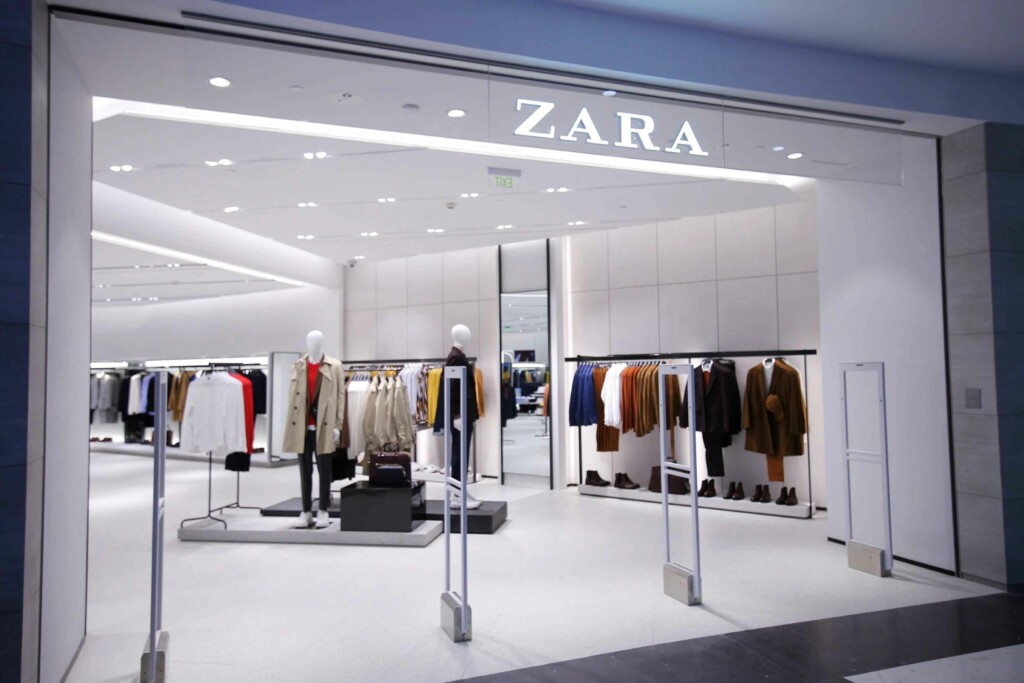
Zara, the global clothing brand, faces severe backlash due to its Israeli franchisee’s association with extreme-right lawmaker Itamar Ben-Gvir and a controversial advertising campaign featuring disturbing references to Muslim burial attire and Palestine’s map. Calls for boycotts have surged, with widespread online condemnation and pledges to refrain from buying, selling, or working for Zara. The brand’s silence amid growing discontent raises concerns about its ethical stance and consumer loyalty. Individuals are urged to avoid Zara products and affiliates until the brand addresses the controversies. While alternatives haven’t been extensively researched, those seeking ethical fashion choices may explore alternative brands aligned with responsible business practices.
H&M
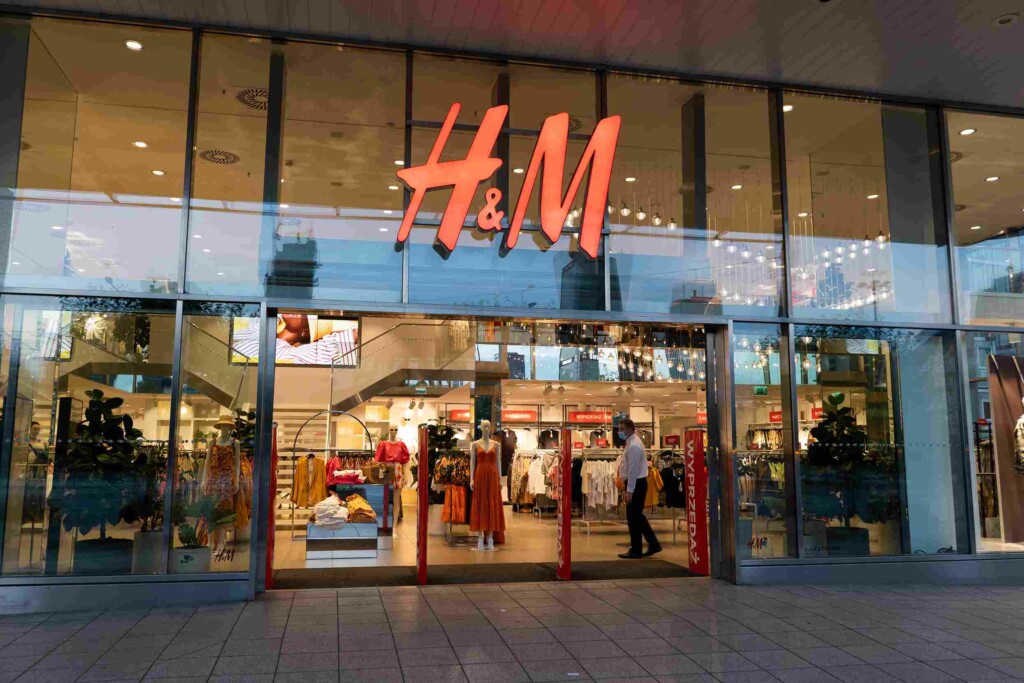
H&M’s recent expansion into Israel, notably in occupied eastern Jerusalem’s “Malha Mall,” has drawn widespread criticism from the Palestinian Boycott, Divestment, and Sanctions National Committee (BNC). The move, seen as aligning with contentious Israeli policies, raises ethical concerns, especially given the historical significance of the location. The involvement of major H&M shareholder The Vanguard Group, Inc., with diverse investments, including interests in Israel, adds complexity to the ethical landscape, prompting questions about corporate complicity in geopolitical issues. As calls to boycott H&M’s European stores grow, the brand faces a global moral dilemma, with concerns about its perceived contribution to Israel’s occupation and policies against Palestinians.
Check Out: Israel-Free Fast Food: Exploring Chains Untouched by Affiliation
Lululemon
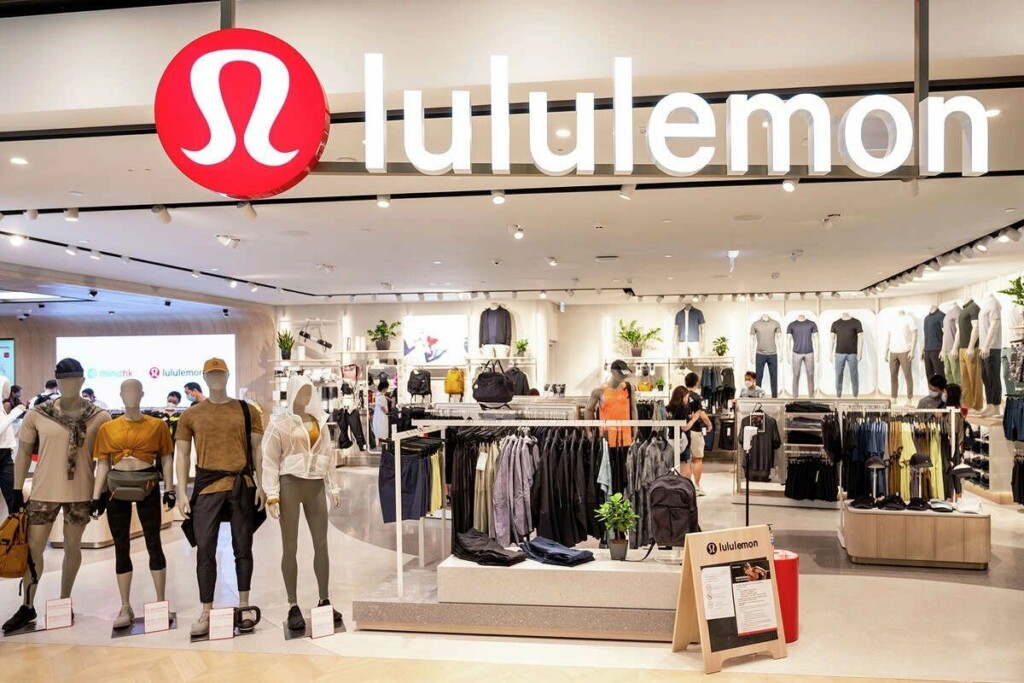
Lululemon, a prominent athletic apparel retailer, faced backlash for entering Israel’s market, opening its first store with plans for seven more. Accusations of complicity in apartheid led to widespread criticism and calls for a boycott from groups like the Canada Palestine Association and the Coalition. Critics highlighted the incongruity between Lululemon’s commitment to diversity and its decision to operate in Israel, citing allegations of online sales to illegal settlements. Despite controversy, the Irani Group, Lululemon’s exclusive franchisee in Israel, plans further expansion. However, dissenting voices persist, urging Lululemon to reconsider its stance and withdraw from the Israeli market to align with ethical principles. The spotlight remains on Lululemon to address mounting concerns and respond to calls for a boycott.
Marc Jacobs
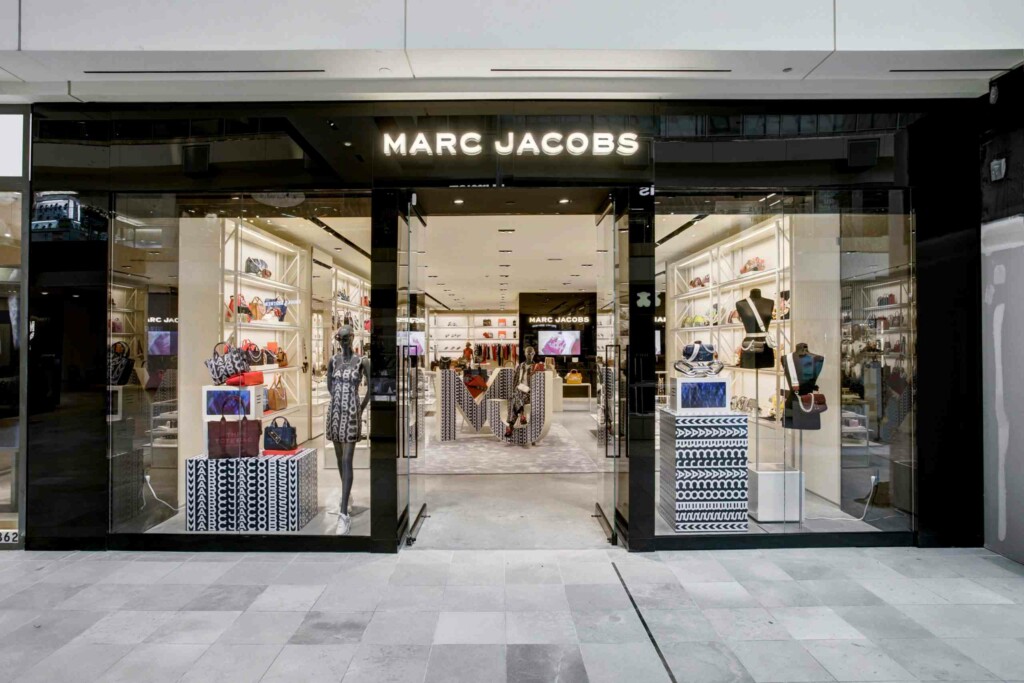
The scrutiny on corporate ties to Israel extends to fashion brand Marc Jacobs, owned by LVMH. Bernard Arnault, LVMH’s owner, has invested extensively in Israeli companies, raising ethical concerns about Marc Jacobs’ affiliations, particularly with cybersecurity firm Wiz. Consumer responsibility and corporate accountability are questioned, prompting calls not to buy or sell Marc Jacobs products and avoid working for the brand or LVMH. Ethical alternatives, including unbranded fragrances, non-designer clothing, Lush cosmetics, Huda Beauty, and Sunnamusk, offer choices aligned with ethical principles. The situation highlights the need for transparency in navigating multinational corporations’ ties to controversial geopolitical landscapes.
Explore More: Boycott List: Fashion Companies Supporting Israel You Should Be Aware Of
Next UK
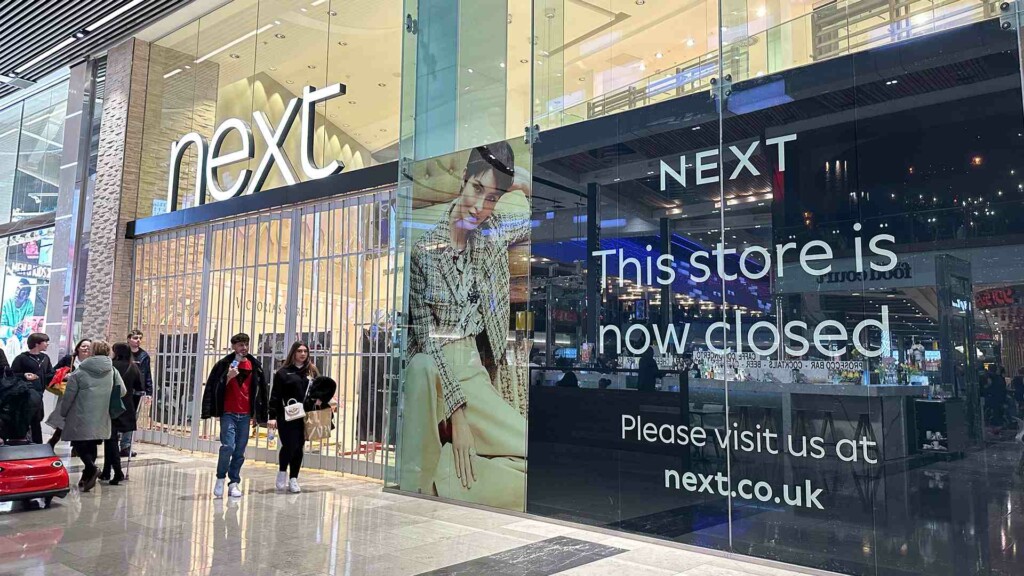
Next UK, a global retail giant controlled by the Zionist Wolfson family, faces controversy over troubling connections to Israel. CEO Simon Wolfson is under intense scrutiny for alleged alignment with Zionism, triggering calls for a comprehensive investigation into Next plc’s ethical stance. Reports of Wolfson’s political ties in Israel and his role as a board member of the New Israel Fund intensify suspicions. The company’s major shareholders, including BlackRock and Vanguard Inc., also have notable positions in Israel’s investment landscape, raising concerns about Next’s indirect support for activities in Palestinian territories. The intricate network of associations challenges the company’s ethical integrity, prompting a reassessment of consumer loyalty as awareness of these alleged ties grows.
The scrutiny of major retailers’ ties to Israel underscores the growing intersection of global commerce and geopolitical controversies. Zara, H&M, Lululemon, Marc Jacobs, and Next UK find themselves entangled in varying degrees of ethical concerns, prompting calls for boycotts and questioning consumer loyalty.
As these companies navigate the intricate web of allegations, shareholders’ involvement, and ethical responsibilities, there is a pressing need for transparency and accountability. The evolving dynamics of consumer awareness suggest that these revelations may impact brand perception and loyalty. As calls for ethical choices reverberate, these retailers face a critical juncture in addressing the controversies and aligning their practices with consumer expectations for responsible and ethically sound business conduct.

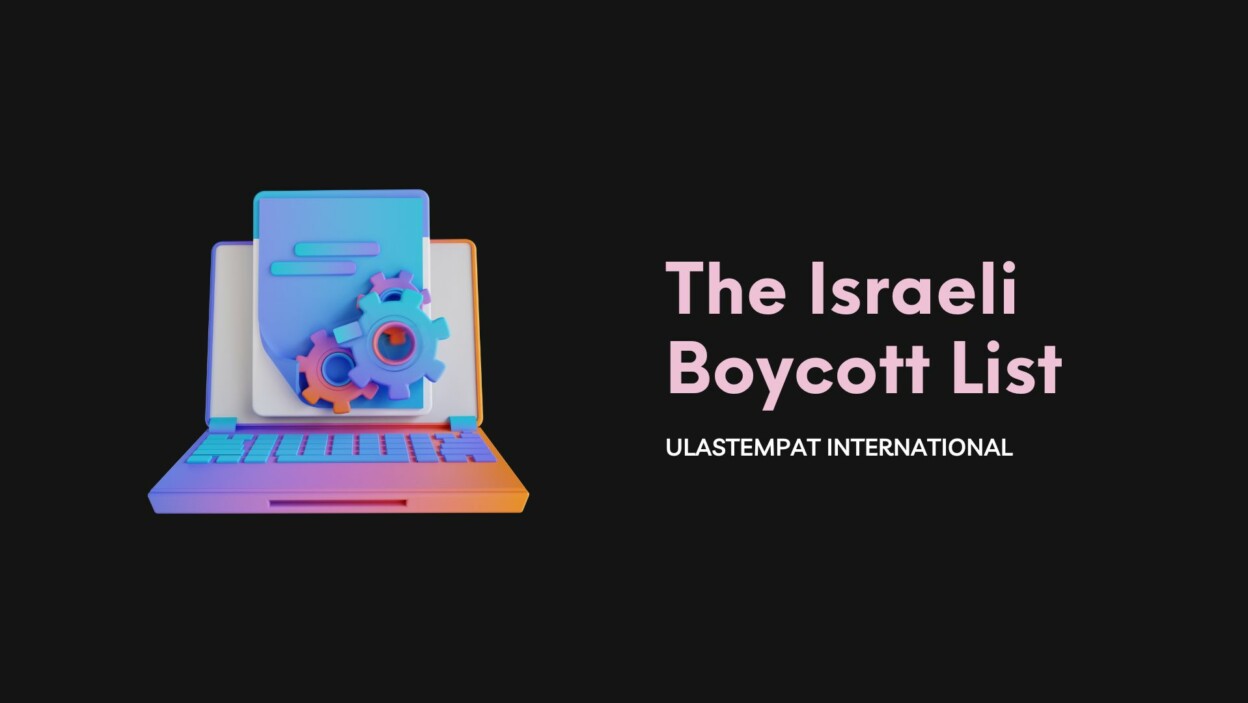
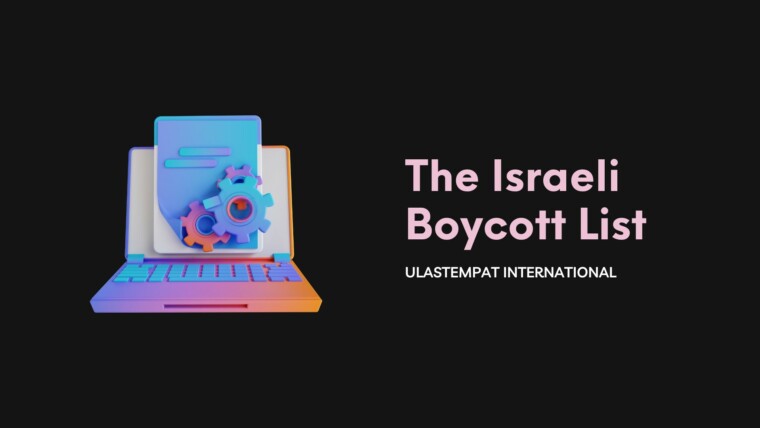
Does Red Bull Support Israel? Decoding the Unraveled Connection
Companies That Support Israel: A List to Avoid
Fast Food Chains Aligned with Israel Support
Boycott List: Fashion Companies Supporting Israel You Should Be Aware Of
Does These Firearms Support Israel? Exploring the Unraveled Connection
Does These Tech Brands Support Israel? Decoding the Unraveled Connection
Does These Filmography Support Israel? Understanding the Intricate Ties
Does These Online Business Support Israel? Exploring the Unraveled Connection